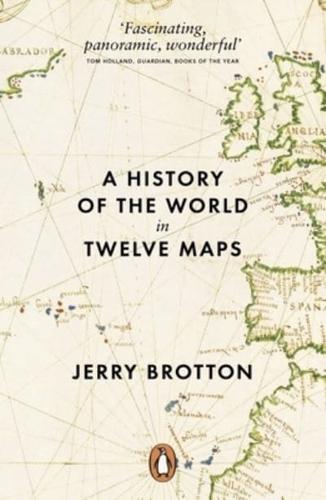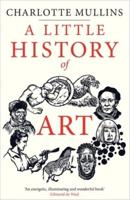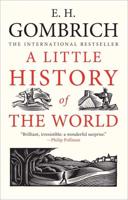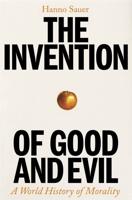Publisher's Synopsis
Throughout history, maps have been fundamental in shaping our view of the world, and our place in it. But far from being purely scientific objects, maps of the world are unavoidably ideological and subjective, intimately bound up with the systems of power and authority of particular times and places. Mapmakers do not simply represent the world, they construct it out of the ideas of their age. In this scintillating book, Jerry Brotton examines the significance of 12 maps - from the almost mystical representations of ancient history to the satellite-derived imagery of today. He vividly recreates the environments and circumstances in which each of the maps was made, showing how each conveys a highly individual view of the world. Brotton shows how each of his maps both influenced and reflected contemporary events and how, by reading it, we can better understand the worlds that produced it.
Although the way we map our surroundings is changing, Brotton argues that maps today are no more definitive or objective than they have ever been, but that they continue to define, shape and recreate the world. Readers of this book will never look at a map in quite the same way again.















